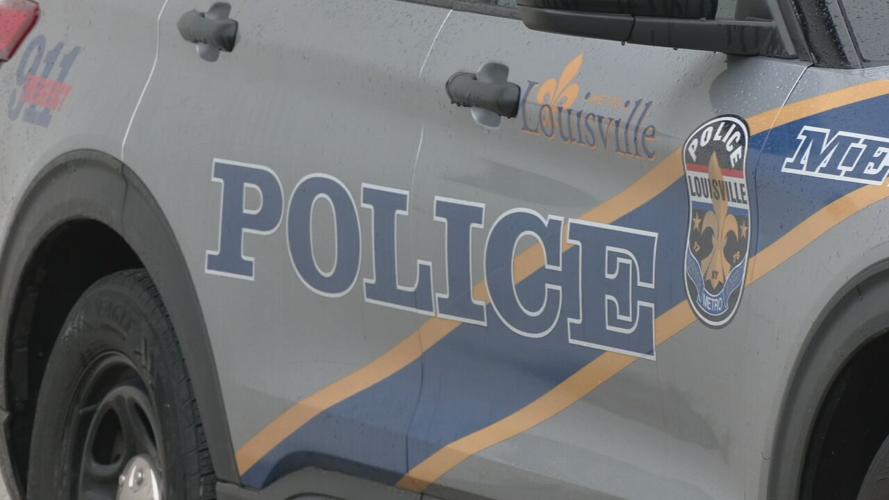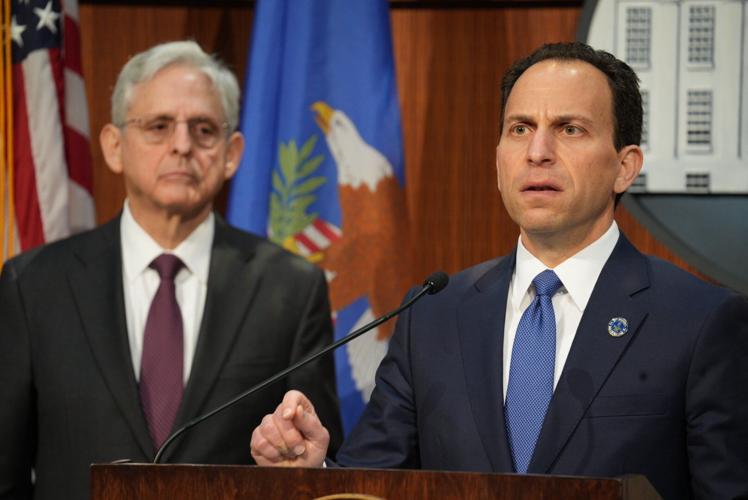LOUISVILLE, Ky. (WDRB) -- Police departments with experience in consent decrees say Louisville has a long road ahead.
The Louisville Metro Police Department agreed to enter into a consent decree following an investigation by the U.S. Department of Justice.
The civil rights review began nearly two years ago in the wake of the 2020 police killing of Breonna Taylor. The findings were released Wednesday in a nearly 90-page report that detailed years of practices by the department that violated the U.S. Constitution and federal law, including excessive use of force and searches based on invalid search warrants.
Terms of the agreement are expected to be negotiated in the coming months before it's filed in federal court, and there are several steps in the process moving forward.
Departments with experience in consent decrees said it's a process that can take years. While the timeline for the federal oversight varies, it's a minimum of five years but is often much longer. For example, police in New Orleans have been under a consent decree for about 10 years.
"If you're not a big enough person to look in the mirror and say 'I can do better,' then maybe this isn't the profession for you," Nicholas Gernon, deputy superintendent for New Orleans Police, told WDRB News. "Because our profession is constantly evolving and changing."
In 2010, the DOJ started looking into an alleged pattern of civil rights violations and other misconduct by the New Orleans Police Department.
"We were coming off of Hurricane Katrina. We had a lot of needs and a lot of real dysfunction," Gernon said.
Not long after launching the investigation, the police department and the DOJ entered into a consent decree.
In a nearly 130-page report, the DOJ detailed tasks and goals in 492 paragraphs of benchmarks the department had to achieve.
Gernon said that's what will come next, and it will be more in-depth than the pattern and practice released Wednesday in Louisville.
"It has been a very long and hard road, but 10 years later we're a completely different department than we were when we started the consent decree and we are a better department for it," he said.
It's a long, arduous process and, from a department that has been there before — Louisville has a long road ahead.
Gernon said once a monitoring team is in place, they'll look at the department's best practices, do a complete revamp of all of the policies in place, and redraw all of the training to make sure that it's up to standards. Then, he said, they'll take a look at the supervision.
"Supervisors can do a lot of the prevention, whether it's your peer or supervisor," he said. "If supervisors are stepping in, then a lot of times these misconduct issues won't happen."
If the policies, training and proper supervision is all in place, but the department is still seeing issues, then they will take it a step further.
"Then they'll look at the disciplinary process to determine if it's robust enough to ensure that people are being held accountable when they commit misdeeds, and really that's how the consent decree worked for us," Gernon said. "And I expect that any entity entering into it in the future, that's probably the path that they're gonna have to take as well."
It's important to note that Louisville is a long way from these steps. They first have to draft the decree and a federal judge has to be appointed before the department even gets a monitoring team, which will be the first step in the process.
To read more about the New Orleans Police Department's consent decree process, click here.
Copyright 2023 WDRB Media. All Rights Reserved.







